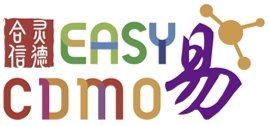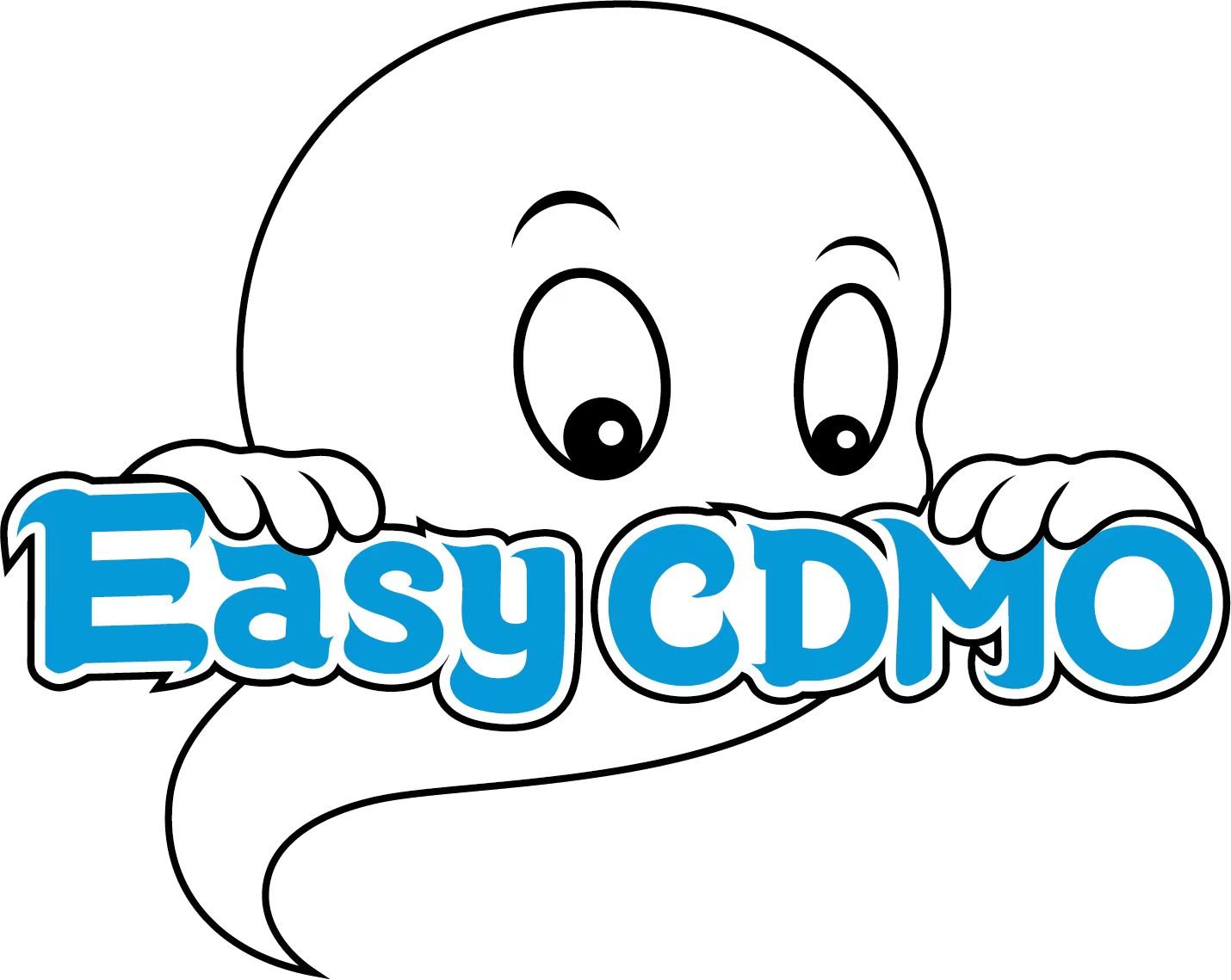The pharmaceutical industry is on the brink of a transformative evolution driven by technological advancements and custom synthesis innovation. Custom synthesis refers to designing and manufacturing complex chemicals tailored to specific requirements for pharmaceutical applications. As the demand for more personalized and effective medications increases, custom synthesis is poised to play a critical role in shaping the future of pharmaceutical manufacturing.
The Growing Need for Custom Synthesis
The pharmaceutical industry is evolving rapidly with a shift toward more targeted therapies. The need for specific molecules, unique compounds, and complex intermediates has made custom synthesis a vital part of drug development. Custom synthesis enables pharmaceutical companies to create the exact compounds they need for their drug formulations, offering more flexibility, precision, and speed than traditional production methods.
As the industry moves towards precision medicine, which tailors treatment to individual patients based on genetic, environmental, and lifestyle factors, the demand for custom synthesis is expected to rise significantly. This shift is significant for developing biologics, complex small molecules, and personalized drugs requiring highly specialized chemical processes.
Driving Forces Behind Custom Synthesis Growth
Several factors are contributing to the growing importance of custom synthesis in pharmaceutical manufacturing:
Personalized Medicine (Personalized Medical Treatment)
It’s personal: Personalized medicine is changing medicine to provide treatment for individual patients needs. Custom synthesis enables pharmaceutical companies to produce small batches of unique compounds, catering to the specific requirements of targeted therapies. That’s especially important for developing treatments for rare diseases or specific genetic profiles.
Chemistry and Technology: Advancements
The use of synthetic chemistry innovations, including flow and high pressure chemistry are used to produce highly complex molecules more efficiently. With these technologies you can design and make compounds that were otherwise impossible or difficult to create. More and more, artificial intelligence (AI) and machine learning (ML) are being added into synthesis processes to improve and optimize precision even further.
Cost Efficiency and Scalability
Custom synthesis offers the ability to produce small quantities of specialized compounds at a lower cost than traditional large-scale production methods. This is particularly beneficial for early-stage drug development when small batches are often required for testing. Additionally, custom synthesis enables more efficient scaling of production processes as drugs move from research and development (R&D) to full commercial production.
Regulatory Compliance, and GMP standards.
Good Manufacturing Practice (GMP) standards are a cornerstone of pharmaceutical manufacturing. Custom synthesis providers are often certified to GMP standards, ensuring that all compounds are manufactured in compliance with stringent regulations. As drug development processes become more complex, maintaining these high standards is crucial for the success of new pharmaceutical products.

The Role of Custom Synthesis in Drug Development
Custom synthesis is vital throughout pharmaceutical manufacturing, from initial research to commercial production. In the early stages of drug development, researchers often require access to various chemical compounds to assess their potential for treating specific conditions. Custom synthesis allows them to obtain the necessary molecules, accelerating the R&D phase quickly.
Once a drug candidate is selected, custom synthesis is crucial for producing the large quantities of compounds necessary for preclinical and clinical trials. Therefore, the synthesis of active pharmaceutical ingredients (APIs), intermediates, and other key substrates can be carried out to the exact requirements of drug formulation. This precision ensures you get the best possible final product, and that results are the same across production batches.
Integration of Advanced Technologies in Custom Synthesis
As custom synthesis continues to evolve, several new technologies are enhancing the process:
流动化学
Continuous reactions in flow chemistry are done in a closed loop system with precise control of reaction conditions. And this technology cuts the need for huge reaction vessels as well as the threat of contamination. However, its greatest benefit lies in the ability to mass produce high value compounds more efficiently, and sustainably for drug manufacture.
Automation and AI
Automation and AI are revolutionizing the way pharmaceutical manufacturers approach custom synthesis. Trial and error experiments are no longer necessary for syntheses. The analysis of data from previous synthesis processes even improves the yield and purity of the final product.
高压化学
High pressure chemistry allows for the synthesis of compounds which would normally be unstable under normal conditions. The reactions are controlled by applying controlled pressure thus they produce desired molecules in a desired fashion. For synthesizing complicated natural compounds and high value pharmaceutical intermediates, this is especially very useful.
Green Chemistry
Sustainability is a growing concern in pharmaceutical manufacturing. Green chemistry principles, such as using safer solvents and reducing waste, are integrating more into custom synthesis processes. Not only do these environmentally friendly methods reduce the industry’s carbon footprint and help cut costs involved in the production process, they’re also setting an example among the rest of the industry.
Challenges and Future Outlook

Despite the numerous benefits, custom synthesis in pharmaceutical manufacturing faces several challenges. The main hurdles are related to the complexity of regulatory compliance – particularly complying with regulations on new and innovative chemicals. While custom synthesized compounds can be produced in preparation to meet GMP standards, doing so can be time consuming and costly given the regulatory bodies different requirements.
In addition, as demand for custom synthesized compounds grows, there is a need to become scalable. An ongoing challenge for the industry is to make sure that small scale production methods can be scaled up efficiently for large scale manufacturing without compromising product quality.
However, the future of custom synthesis in pharmaceutical manufacturing is bright. As technologies advance, custom synthesis processes’ efficiency, precision, and scalability will improve, enabling pharmaceutical companies to bring innovative drugs to market faster and at a lower cost.
Conclusion
The future of custom synthesis in pharmaceutical manufacturing is poised to reshape the industry. With advancements in chemistry, technology, and personalized medicine, custom synthesis will continue to play a critical role in developing new therapies. By enabling faster, more efficient, and cost-effective production of complex compounds, custom synthesis is paving the way for the next generation of pharmaceutical innovation.
As pharmaceutical companies strive to meet the ever-growing demand for tailored treatments, the importance of custom synthesis will only continue to rise, providing a foundation for the future of drug development and manufacturing.

